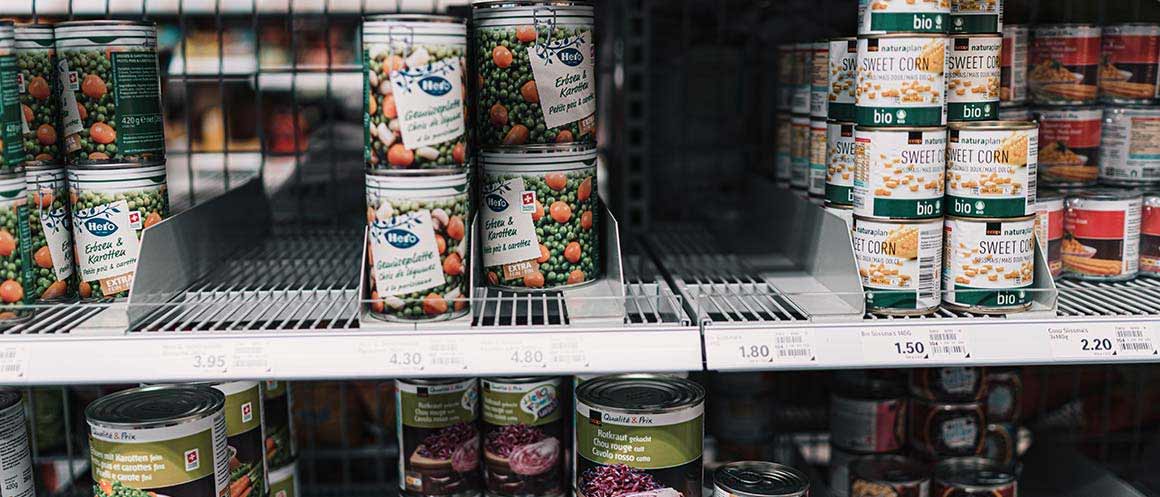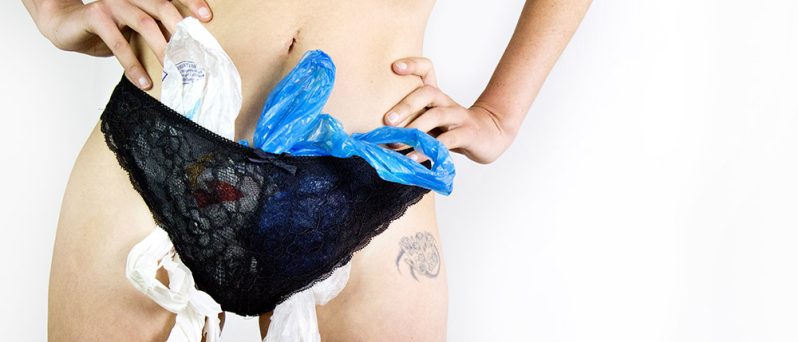For many of us, the effects of COVID-19 have meant getting used to staying in, working from home and only going out for essential reasons. A weekly food shop is still an essential activity during lockdown, but a quick trip to the shops for one or two food items isn’t reason enough to be leaving the house.
These strict but necessary rules might leave some of us worrying about how to sustain a nutrient-rich vegan diet, especially at a time when a healthy immune system seems more important than ever. We’ve put together some top tips to help you maintain a balanced diet, without making too many trips to the store.
Make your veggies last longer
While we’re trying to minimise trips to the shops, it might be tempting to avoid fresh vegetables – they go off quickly, so won’t last you long enough before your next food shop and could go to waste. Try stocking up on vegetables that are easy to freeze, like broccoli, spinach, onions, sweetcorn, and carrots instead. This way you can use some fresh and keep the rest for longer by storing them in your freezer.
With stocks in constant flux, this will also mean that you’ll be able to stock up on the vegetables when they’re available, even if you don’t want to eat them that day. Just be sure to label the tubs you freeze them in and keep track of how long each vegetable can be safely frozen for.
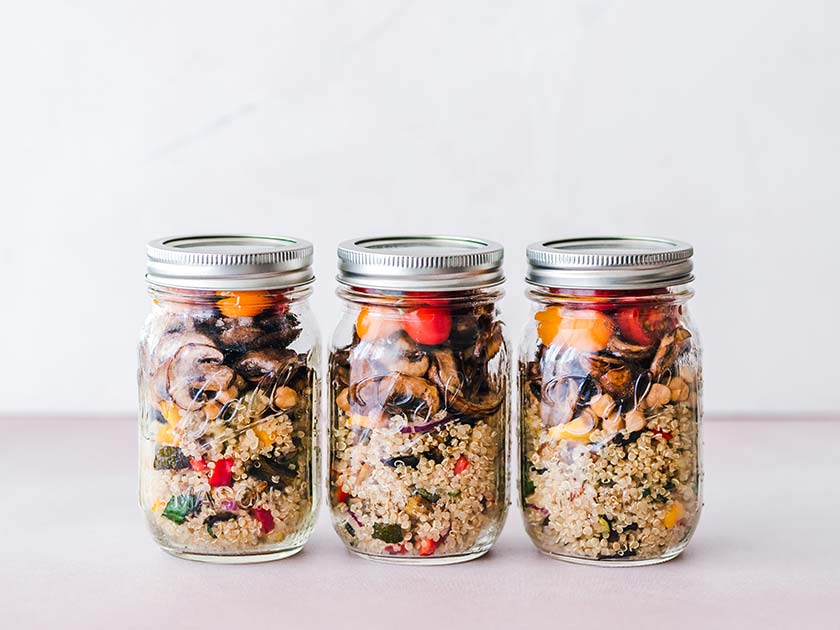
Batch cook
Before heading to the shops, plan the meals you’d like to eat over the next week and create an ingredients list. It may also be a good idea to add alternative ingredients next to some of the items that might be running low on stock, e.g. swap bread for crispbreads or crackers. Choose meals that you can cook in big batches while the ingredients are fresh, so you can store them in portions in the freezer. Batch cooking your meals will make cooking during the week easier and will provide you with a nutrient-rich option right up until your next shop.
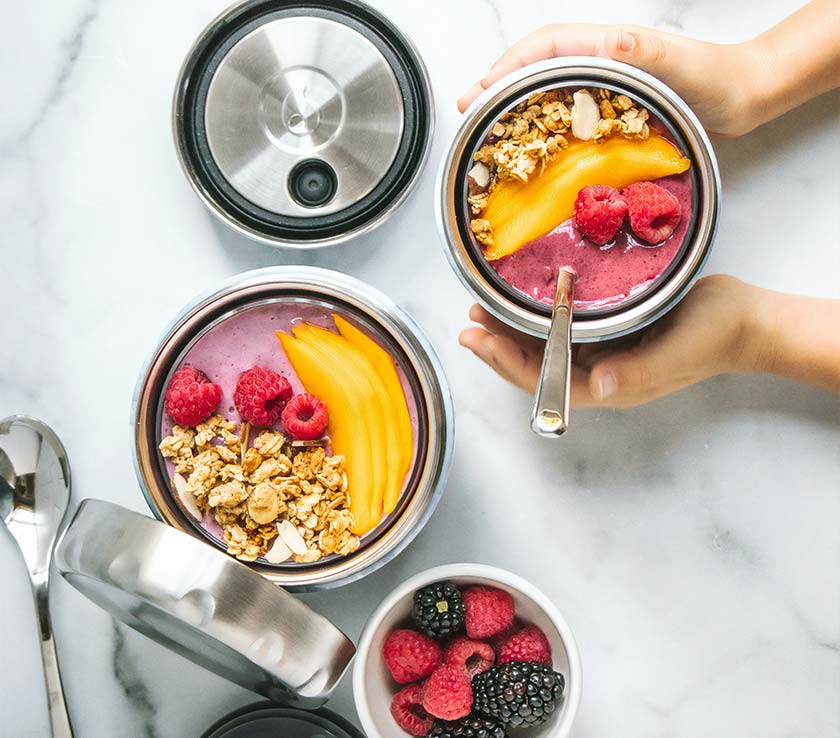
A smoothie a day
Smoothies are a great way to pack lots of nutrients from fruits and vegetables into one healthy snack, and they taste great. You can make smoothies using frozen ingredients like frozen berries, bananas, and spinach. Or try making them from fresh ingredients and freezing them, ready to drink at a later date.
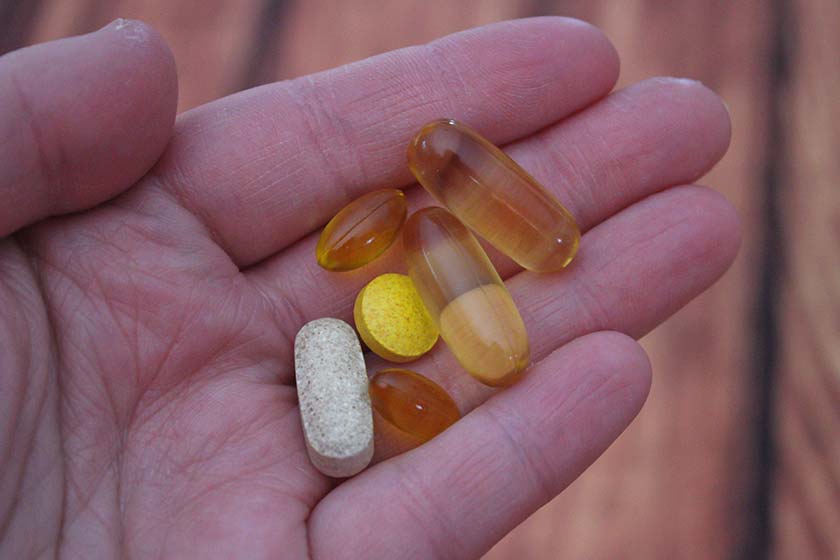
Supplement your diet
If stocks are running low and you don’t have access to some essential vitamins or other nutrients, supplements can help to make up for what your vegan diet might be lacking. From vitamin C gums to pea protein powder, you don’t just have to use the food in your fridge to stay healthy and nourished.
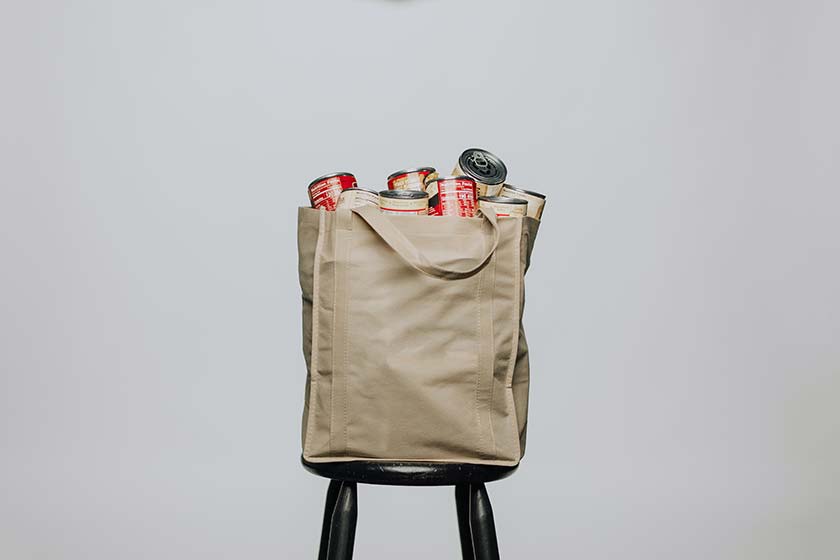
Nutrient-rich pantry staples
Canned and dry goods like pulses, tinned vegetables, and sea moss can be used for bulking out your meals. If you take a look in your cupboard now, you’ll probably have something canned that you bought a while back and never got around to using – now’s the perfect time to put these nutrient-rich items to good use!
Learn to improvise
While in times like this it pays to be prepared, and a combination of tinned food and batch cooked meals might just get you through, there may also be moments when a little creativity will be your only option.
If you’ve recently come home disappointed from a weekly food shop because you couldn’t get everything you needed, you’ll know exactly what we’re talking about. This is when you need to improvise and choose food items or combinations you might have never eaten before. Here are some vegan foods that are secretly packed with goodness that could be great alternatives for you to fall back on:
- Seaweed – Kelp or seaweed are more nutritious than land plants. They’re especially recognised for their high calcium, iron and iodine content. Wrap foods like tofu in kelp or shred it and sprinkle it on noodles for a boost of nutrients.
- Quinoa – Quinoa is a great substitute for things like rice and couscous and is packed with phosphorus, copper and zinc. A quinoa salad can be a great lunch or side dish, using any vegetables you can get your hands on, and any oil, acid (like lemon juice or vinegar) and seasoning you already have around the house.
- Garlic – Filled with vitamins C, B1, B6 as well as calcium, potassium, manganese and much more, garlic is a wonder ingredient. Why not try Spaghetti Aglio et Olio? It’s a simple dish that requires very few ingredients – spaghetti with oil and garlic, that’s all you need!
- Potatoes – The humble potato contains a wide range of the nutrients including iron, magnesium, vitamin C and most B vitamins. In fact, people have been known to have lived on nothing but potatoes for years, and luckily they’re also super filling and versatile. When pasta is sold out, use baked or boiled potatoes as a replacement in dishes like spaghetti bolognaise or pasta bake.
- Marmite – A cupboard staple, Marmite is surprisingly rich in B vitamins – and it goes perfectly with a jacket potato! You can also use Marmite instead of stock or chocolate to make dark sauces (like chilli or stew) richer.
Some of the most important things right now are staying safe and taking care of yourself, so don’t panic if keeping a nutrient-rich diet doesn’t make the top of your priorities list.
Have a vegan period, too!
Your vegan lifestyle doesn’t have to start and end with your diet. Natracare period products are certified vegan.
Find out more
If you’re concerned about keeping up with your sustainability goals, here are our tips for staying sustainable in the pandemic.
